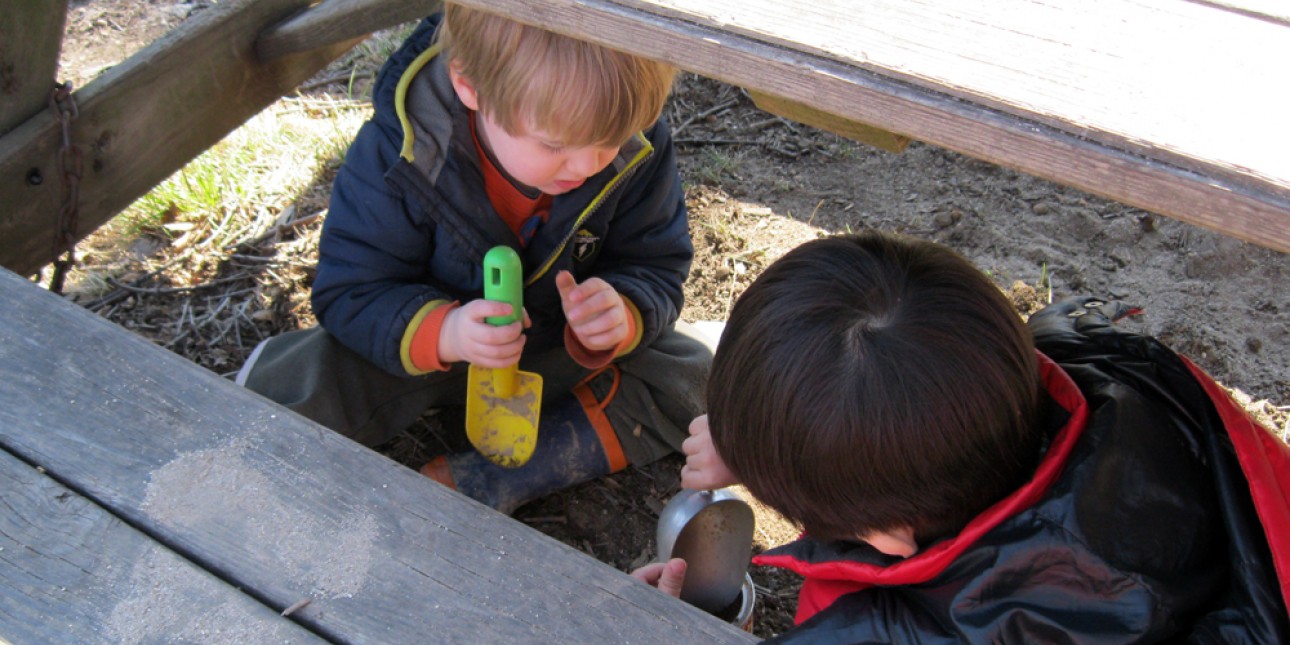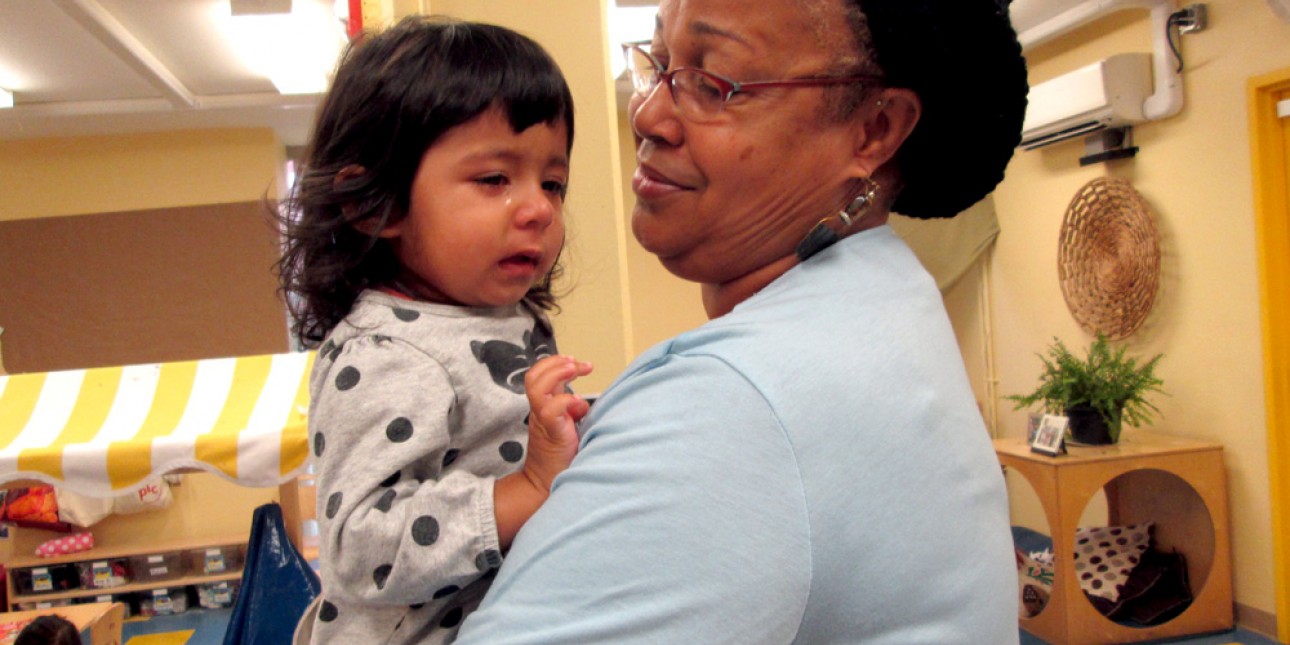In the Classroom: The Starfish

written by Lead Teacher Lily Cavanagh
Don't Say I Can't Play
I want to share this sweet conversation. While two Starfish were cleaning out the sensory table I overheard this exchange:
One said to the other, “You are my friend.”
The second Starfish responded in-kind, “ You are my friend, too.”
The first Starfish continued, “I’m gonna tell my mom that you are my friend.”
This was met with an enthusiastic reply, “Yeah!”
It warmed my heart and made me wonder, “how do young children understand friendship?” All too often teachers and parents hear kids exclaiming just the opposite of this first conversation. We hear, “you’re not my friend” or worse, the threat of “I’m not going to be your friend.”
Preschool and kindergarten is an especially important and often difficult time for children learning to negotiate social situations. It’s messy, there’s heartbreak, there’s happiness. Recently, during Morning Meeting, we shared things that made us feel good.
One Starfish shared that someone “made my heart feel good.”
Digging a little deeper, a teacher asked, “how did she do that?”
The child replied, “She asked me if I was ok because I was feeling sad because I fell down.”
Through these types of discussions, the children hear from each other about what makes them feel good and what makes them feel sad. Conversations like this, removed from the heightened emotions of a moment in which someone made a friend feel sad, help children to analyze the feelings of others and build their empathy muscles.
I recently read a book about negotiating friendships by Vivian Paley, You Can’t Say You Can’t Play. In this book the teacher instituted a classroom rule, which was that you can’t say you can’t play, and then talked with the children about what that means and if it is fair. Some children thought it was fair, because everyone should be included. Some thought it wasn’t fair, because sometimes you don’t want to play with someone that is breaking your work or not using their body safely.
The book carefully documents these conversations and sheds light on how we as adults can help to facilitate discussions about friendship in order to support children to become kind and compassionate adults. As teachers in the Starfish classroom, we hope to encourage more of these types of conversations to help our children navigate their emotions a bit easier today, and make the world a place filled with a deeper commitment to social justice and equity tomorrow.
Classrooms

